|
Westlake Boys’ High School badminton player Oscar Guo has been named to the New Zealand team for the Buenos Aires 2018 Youth Olympic Games.
The 17 year old was selected following strong results at international events early in the year, including the Men’s Singles title at the North Harbour International – his first international title at a senior level. Guo was ranked 12th on the Badminton World Federation Junior World Ranking List for the Youth Olympic Games and will compete in the men’s singles event and the mixed team event, where he will team up with other youth athletes from around the world. Guo says he’s looking forward to the Youth Olympic Games and plans to learn a lot from the experience. “I’m excited to represent New Zealand at the highest level. I hope to perform well on the world stage and put New Zealand on the map. “I have a long preparation over the next 5 months so I’ll be working hard with our National Coach to peak at the games.” He began playing the sport at just four years old. “I was always at the badminton hall as a child as my parents played a lot. It wasn’t long before I picked up a racket too.” Career highlights so far for Guo was winning the North Harbour International Singles title (first senior international title) and being crowned Oceania Junior Champion back to back (2015 and 2017) He says he is inspired by wanting to perform well for his family and friends and for himself. “I want to be satisfied and know at the end of the games I did my best and I have no regrets. I want to eventually go to the Olympic Games and perform well on the world stage.” Badminton New Zealand Chief Executive Joe Hitchcock extended his congratulations to Guo. “We are very proud of Oscar’s achievement. He is a dedicated player who trains and competes exceptionally hard. “His selection is well-earned, and we have no doubt that Oscar will deliver his best performance in Buenos Aires.” While no further quota places are available the NZOC has also conditionally selected Jenny Zhu subject to a quota place being reallocated from another country. The Youth Olympic Games run from 6–18 October 2018 in Buenos Aires, Argentina. Triathletes Brea Roderick (Mount Hutt College) and Dylan McCullough (formerly Saint Kentigern College) have been selected to represent New Zealand team for the Buenos Aires 2018 Youth Olympic Games in October.
The two were selected following strong results in the youth division of the 2018 New Plymouth OTU Triathlon, which doubled as the Oceania Youth Olympic Games qualifying event. McCullough placed first at the event, with Roderick taking second in her division (but being the first placed New Zealander). At the Youth Olympic Games the athletes will both compete in the individual event. They will also join Australian triathletes to form an Oceania team for the mixed team relay event. 17 year old McCullough has been racing for almost a decade and left school at St Kent’s at the end of last year to focus on triathlon. “I first got into the sport when I was around nine years old as my older brother was competing in triathlons,” he says. “I’m inspired by the top triathletes in the world and having that motivation to hopefully be on the world stage where they are one day.” 16 year old Roderick first experienced the sport at an interschool competition when she was 13. “I love that you get to compete and train in three different disciplines, it's a lot of fun.” New Zealand has a strong history in triathlon at the Youth Olympic Games with Aaron Barclay winning at Singapore 2010, and Daniel Hoy placing second four years later at Nanjing 2014. New Zealand athletes also combined with the Australian pair in the Mixed Relay Team Event to win silver in 2010 and bronze in 2014. The reserve athletes (non-travelling) for the event are Olivia Cummings (women’s triathlon event) and Reuben Thompson (men’s triathlon event). The Youth Olympic Games run from 6–18 October 2018 in Buenos Aires, Argentina. About Brea Roderick and Dylan McCullough Brea Roderick Christchurch triathlete Brea Roderick has competed at several International Triathlon Union events. Roderick was part of the New Zealand team which placed first at the Australian U19 Mixed Team Relay championship in Adelaide in 2018. The Mount Hutt College student will be attending the Buenos Aires 2018 Youth Olympic games at the age of 16. Roderick has an ITU World Ranking of 530 (as at May 2018). Dylan McCullough Auckland triathlete Dylan McCullough has been selected to represent New Zealand at the Buenos Aires 2018 Youth Olympic games at the age of 17. Dylan recorded his best International Triathlon Union finish at the 2018 New Plymouth OTU Triathlon Oceania YOG Qualifier and Junior Oceania Championships where he finished first in the Youth Division and fourth overall in the Junior (under 19) Division. McCullough attended St Kentigern College in Auckland and finished school (year 12) at the end of 2017. McCullough has an ITU World Ranking of 435 (as at May 2018). The New Zealand Olympic Committee has named a trio of paddlers to the New Zealand team for the Buenos Aires 2018 Youth Olympic Games, to held from6-18 October. Finn Anderson from Tauranga Boys' College will contest the men’s C1 events (1 person canoe). Kahlia Cullwick from Mt Maunganui College will contest the women’s C1 events (1 person canoe). George Snook from Rotorua Lakes High School who’ll contest the men’s K1 events (1 person kayak). George is a member of New Zealand’s under 18 Canoe Slalom team and is currently in Munich, where he’s training ahead of the ICF Junior World Championships in Italy in July. The paddlers secured their spots by competing at the Youth Olympic Games qualification event in Barcelona in April. They race in both the slalom and sprint disciplines at the Youth Olympic Games. 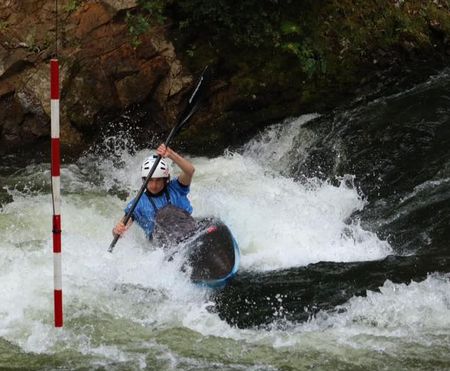 George Snook (Rotorua Lakes High School) George Snook (Rotorua Lakes High School) All three have come through the Canoe Slalom NZ Development Squad and both George and Kahlia competed at the inaugural AIMS Games canoe slalom event in 2016, with George winning the Year 8 boys event. Finn Anderson’s been a devoted paddler from a young age and is proud to be following in the footsteps of the Bay of Plenty’s Olympic slalom athletes Mike Dawson and Luuka Jones. “It’s pretty good having a couple of awesome athletes like them to look up to. Luuka winning that silver medal at Rio was huge, it’s pretty cool to show we can do that as a southern hemisphere country.” Canoe Slalom Bay of Plenty coach Matt McKnight expects the New Zealanders to stack up well against the world’s best young paddlers. “It’s pretty amazing for us to get three spots and these guys have a good chance over there. They work hard and train at least four hours a week for slalom then three hours for sprint and we’ll do another big training push ahead of Buenos Aires.” Oliver Puchner has been selected as the non-travelling reserve for Finn Anderson in the Men’s C1 Events. Henry Hall has been selected as the non-travelling reserve for George Snook in the Men’s K1 Events. Finn Anderson Age at Games: 16 High School: Tauranga Boys College. Career highlight: 2nd placing in slalom at Youth Olympic Games qualifier in Barcelona. How did you get into your sport: I got into slalom because my dad was a paddler and it’s massive at my school. What do you love about the sport: The whitewater and the fun and the thrill of getting things right. What inspires you: I just love the sport and everything about it! Kahlia Cullwick Age at Games: 14 High School: Mt Maunganui College. Career highlight: Youth Olympic Games qualifier in Barcelona. How did you get into your sport: I tried it with a friend at intermediate school and Dad had done a bit of paddling years ago so he really helped me on my way as well. What do you love about the sport: I love paddling and adventure and water splashing in my face. I also love the challenge and the thrill that you get from it. What inspires you: There are amazing ladies and people out there who do this sport and I’d love to be as awesome as them. George Snook Age at Games: 15 High School: Rotorua Lakes High School. Career highlight: Making the New Zealand under 18 Canoe Slalom team at just 14 years old. How did you get into your sport: I grew up surrounded by the sport, dad used to jam me between his legs when he went out paddling and I live by Kaituna river. What do you love about the sport: All the good times with friends and family in training, after competing and just on the water in general is pretty awesome. What inspires you: I want to be my best, push the sport and have fun. Big thanks to my family and friends for supporting me with everything Roger Moses has left Wellington College after 23 years as headmaster. A passionate advocate for sport at one of New Zealand’s leading boys schools, College Sport Media caught up with Roger for some reflections on his long tenure at the school
What’s the best sporting moment your saw at Wellington College? That’s a really difficult question because there have been so many. It would be unfair to single one out, but I guess winning the coxed fours at Maadi Cup in 2001 was a standout. I have seen many outstanding rugby finals. In 2001 we won the Gillette Cup cricket and last year we won the Wellington basketball title for the first time in my tenure with a bucket in the final second. Who are the best athletes you saw at Wellington College? We’ve been lucky to have a number of outstanding athletes across several codes. James Franklin was a fourth former when I started as headmaster. He is one of the few cricketers in test history to have scored a century, taken five wickets in an innings and claimed a hat-trick. We’ve had some tremendous rugby players. Lima Sopoaga is a tremendous young man and became an All Black. All four of his brothers captained the First XV. Nelson Asofa-Solomona is the biggest man in the NRL and when he made the Kiwis last year I was lucky to spend two or three hours with him when the team was in Wellington. In rowing George Bridgewater and Peter Taylor went to the Olympics and became World Champions. Leo Bertos and Tim Brown in football were All Whites and original Phoenix players. There have been many more internationals, but just as important as the superstars are the hundreds of good boys who have enjoyed their school sport. Who are the biggest disappointments, those who you thought would kick on but didn’t? Unfortunately that’s all too common. I think there is so much pressure placed on many to perform in sport that it becomes the exclusion of everything else and eventually results in burnout and disillusionment. How do you deal with sportsmen with big egos disinterested in school? That’s a good question. I think many of our top sportsmen are very decent citizens. Their approach to life is becoming increasingly holistic due to professionalism. However I believe it's our job as educators to provide balance. I’m reminded of The Great Gatsby, a book I used to teach when I was an English teacher. There is a character in the book named Tom Buchanan. He is a rather unpleasant guy, but he had it all. By the age of 21 he is described as having reached an acute limited excellence that everything afterward savours of anticlimax. All too often we have seen the lives of retired sportsman turn to custard because of they have limited their excellence to one field. What’s the biggest challenge running sport in a high school today as opposed to 20 years ago? I think there’s a greater concentration of top sportsmen in fewer schools and that’s not necessarily a good thing for local competition. There are a number of athletes being lured into careers by agents. They are being promised a great deal, but those promises don’t always come to fruition. There is research that suggests young men are better off playing more than one sport before they turn 18, but out of necessity to compete at the top level they find this increasingly difficult to do. The level of expertise required to coach a leading First XV and First XI is far greater today than what it was 20 years ago. This presents challenges around coaching and resources. What is your view on repeat sportsmen? I’m mixed about this and genuinely so. It’s easy to be cynical and suggest boys are only returning to school to play sport and win a championship. On the other hand keeping boys in school can open up real pathways both sporting and academic, which improve their lives. We’ve occasionally had repeats at Wellington College. In 2009, I think we had five or six in the First XV. We must remember some boys are immigrants with little education in their background. If staying at school for another year can open up real pathways for those boys then I think there is a strong argument in defence of repeats. Does the McEvedy Shield have a future? It’s been a source of pleasure and angst? I think the McEvedy Shield brings out the best and worst of a boys school. The athletics is always fantastic. The boys train hard and compete hard which is fantastic. The McEvedy Shield is tribal which can have negative connotations, but at the same time it's great to see boys take pride in their schools. Have boys become too mollycoddled? If you come to the top field at Wellington College at lunch time there is all sorts of things going on, games of rugby, football, touch. I think we have to be careful not to deny boys a physical outlet for their restless energy. By the same token boys are much bigger these days and collisions so we have to be careful to avoid serious injury. Sometimes I used to visit the medical room at Wellington College after lunch. It was pretty interesting. What’s the biggest personal difference you have made in sport as a headmaster? I guess that’s for others to judge, but one thing I learnt from my old boss Sir John Graham was to take an active interest in sport. You can’t run a boys school without appreciating the positive impact sport can have on the lives of young men. John used to walk the sidelines every weekend supporting Auckland Grammar boys. I have put hours into supporting Wellington College boys, everything from 55c rugby to underwater hockey. I think it’s been a great way to connect with the boys. You can’t underestimate the impact of the boys knowing they have someone in their corner, even if I have barracked too loud at times. What would you like to see change in high school sport? I would like to see more youngsters involved in sport and if that means a diversification of codes then so be it. Sport is a great way to make friendships, build character and enhance personal development. We need to ensure sporting experiences are as rich for the elite as they are for the average competitor. |
CategoriesArchives
March 2022
|
OrganisationCollege Sport Media is dedicated to telling the story of successful young sportspeople in New Zealand
|

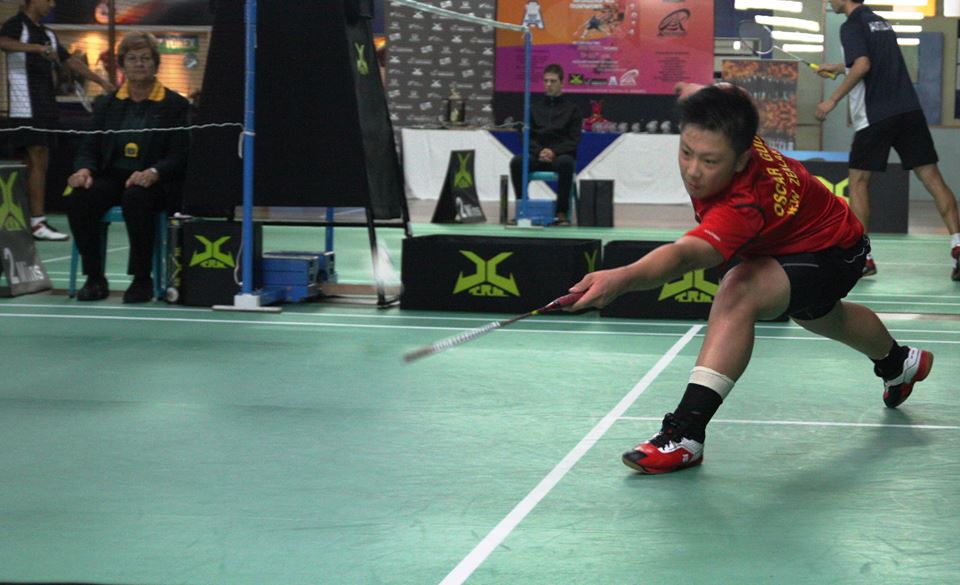

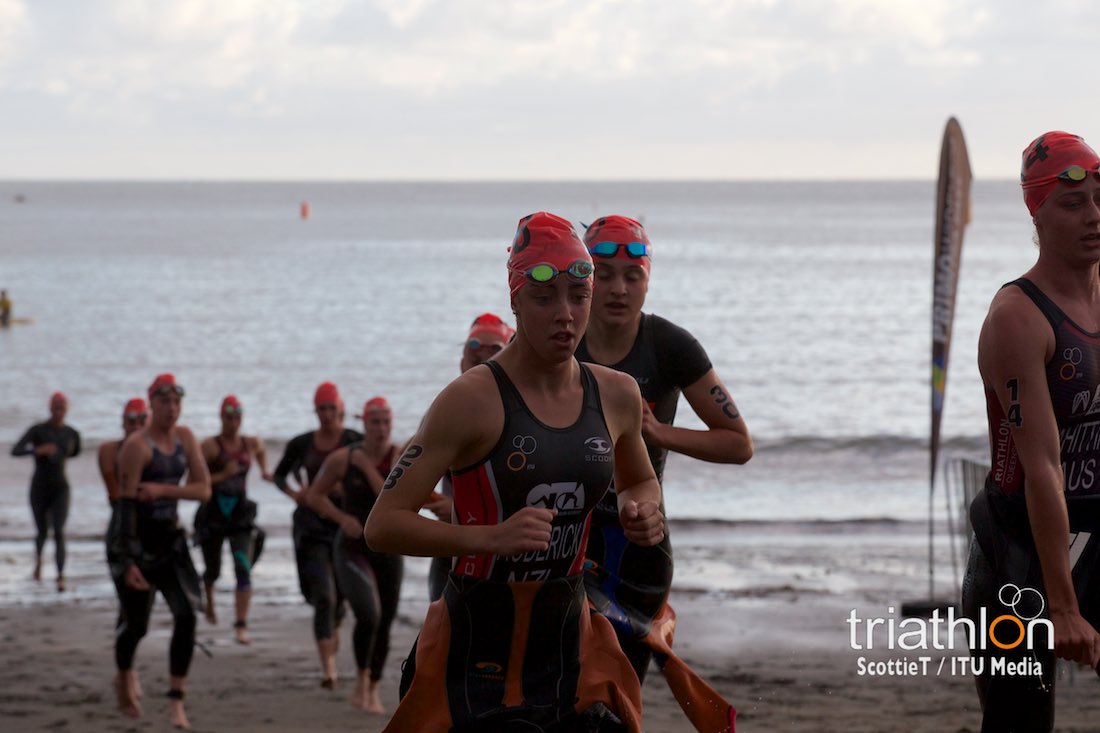
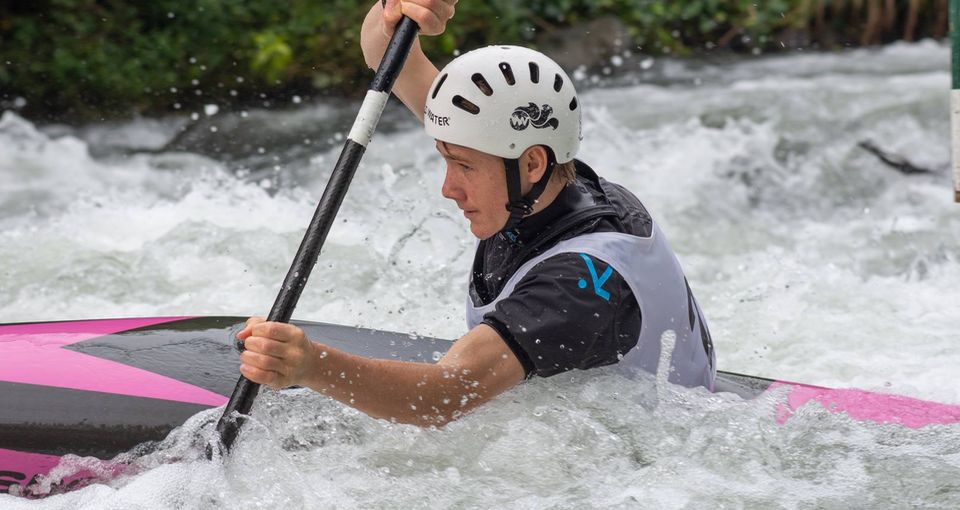

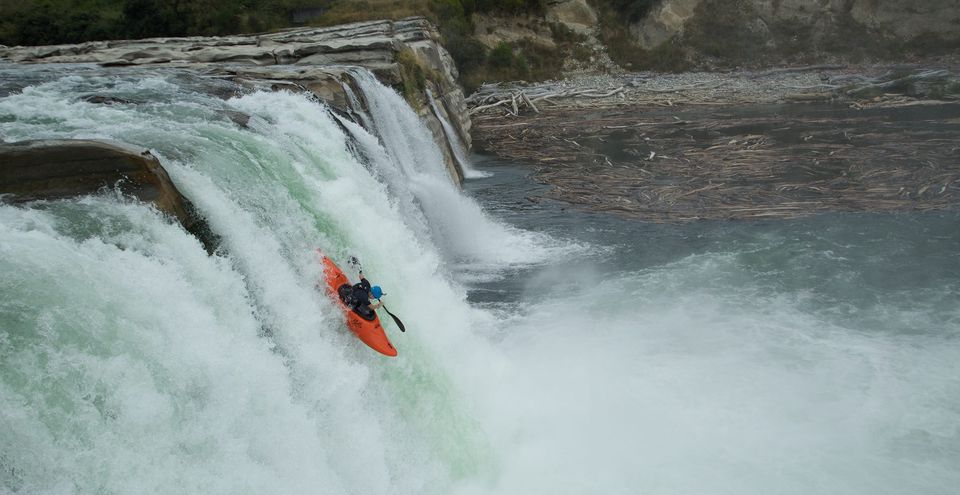
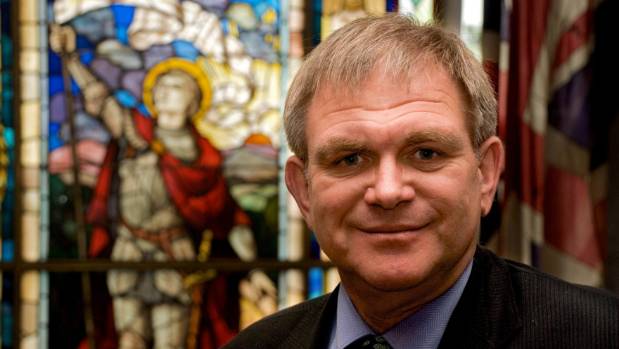

 RSS Feed
RSS Feed